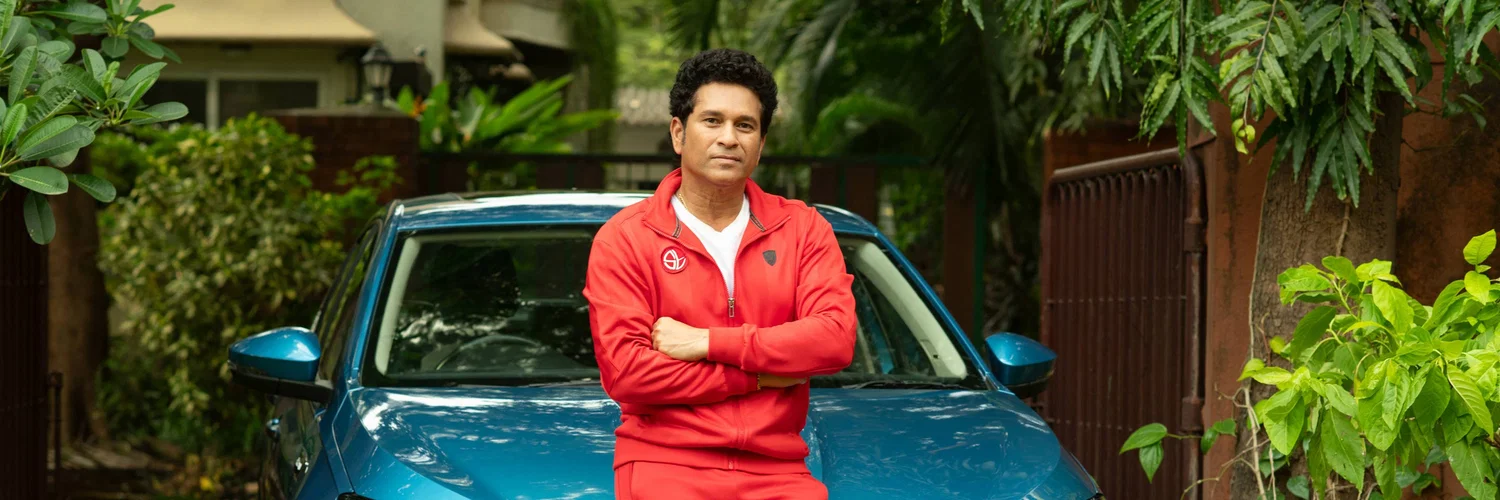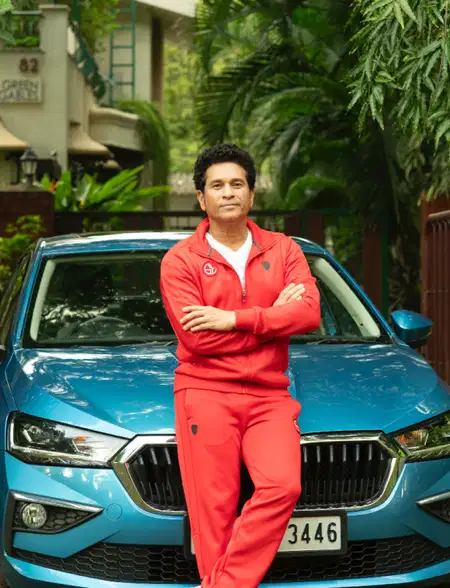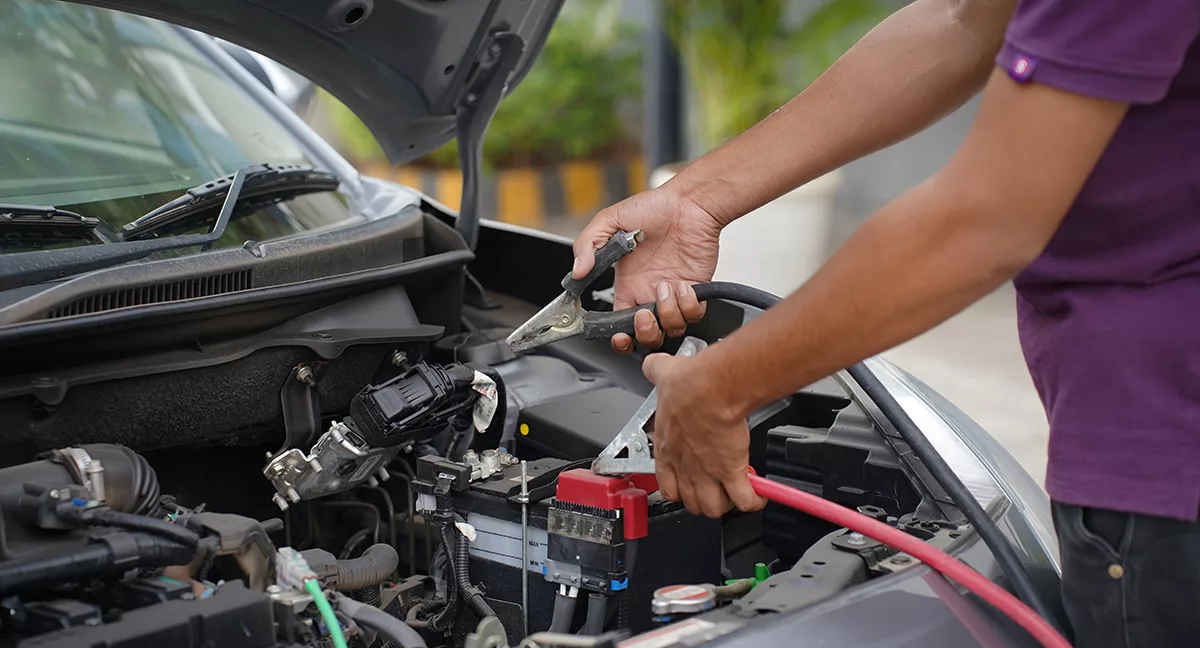All of us have taken our cars to the service centers for routine service or repairs. Most of us depend on authorized brand-managed service centers for our requirements while independent garages are qualified enough to do the same. If your car is still under warranty, it is highly advised to avoid any independent garages as it may void your warranty. If your car is old and out of warranty, it is up to you to hand it over to an authorised service center or an individual specialist garage. However, if your car is an old model or an imported model that does not have any brand support, your only option is an independent workshop.

Nevertheless, here are 5 important questions that you should ask your service center or workshop. Apart from that, one should make sure to follow all the parts replaced and look out for any unwanted diagnosis or repair charges that are added to the bill which in turn increases your overall service cost.
Which brand and grade of engine oil are they using?
One should always ask this question, be it an authorised or independent workshop. It is important to make sure they use the correct grade of oil recommended by your manufacturer for your specific car. Engine oils differ from vehicle to vehicle and are available in different varieties such as mineral oil, semi-synthetic, and fully synthetic. Oils are classified according to their viscosity, usually represented like this: 10W-40. The W stands for winter and 10 here is the viscosity of the oil when it is cold while 40 is the viscosity of the oil at normal temperature.
Apart from this, you should also make sure the service center uses a good brand of oil and the same one that is recommended by your carmaker.
Are they using genuine parts or OES/Aftermarket parts?
Parts are the most important factor when it comes to repairs. Using good quality parts is essential for the smooth functioning of a car without any unexpected failure. Keeping this in mind, one should always ask a workshop/service center if they are using OEM ( Official Equipment Manufacturer) parts from the brand, OES ( Official Equipment Supplier) parts, or others. OEM parts come directly from the carmaker while OES comes from suppliers approved by the carmaker. Both these parts are more or less the ideal option and OEM parts come with a warranty. However, one should stay away from poor quality parts.
Do they provide any warranty on the parts/work they do on the vehicles?
It is important to make sure that the work carried out on your car comes with any form of warranty. Usually, authorised service centers provide some form of warranty and it is important to ask for the same in both authorised and independent garages. As for the parts, as we mentioned, if the workshop is using OEM or OES parts, these parts will come with a standard warranty for added peace of mind. The last thing you want is to go back to the garage for the same reason.
Are any of my required repairs covered under warranty/insurance?
If your car is new and covered under the manufacturer’s warranty, it is important that you only visit an authorised service center. Independent garages cannot avail of any warranty from the manufacturer. So for this reason alone, it is essential you visit an authorised workshop. So, it is important to ask if the repairs are covered under warranty or insurance. Usually, insurance only covers accidental damage but there are also optional covers where you can opt for car repair insurance. If it is accident damage, make sure you ask the workshop about the eligibility for an insurance claim and get the claim processed so that you save a significant amount.
Do they provide cashless/regular insurance coverage?
Provided you do have valid motor insurance and can raise a claim for the repair, the next question to ask is if the workshop is equipped and in partnership with the insurance company for a cashless claim. A cashless claim is convenient as you don’t have to spend anything to start the repairs. The insurance company will pay the workshop or service center directly making the whole process hassle-free. However, if it is a regular motor insurance cover, you have to pay all the repair bills and then get it reimbursed from the insurance company.




 ne big family!
ne big family!